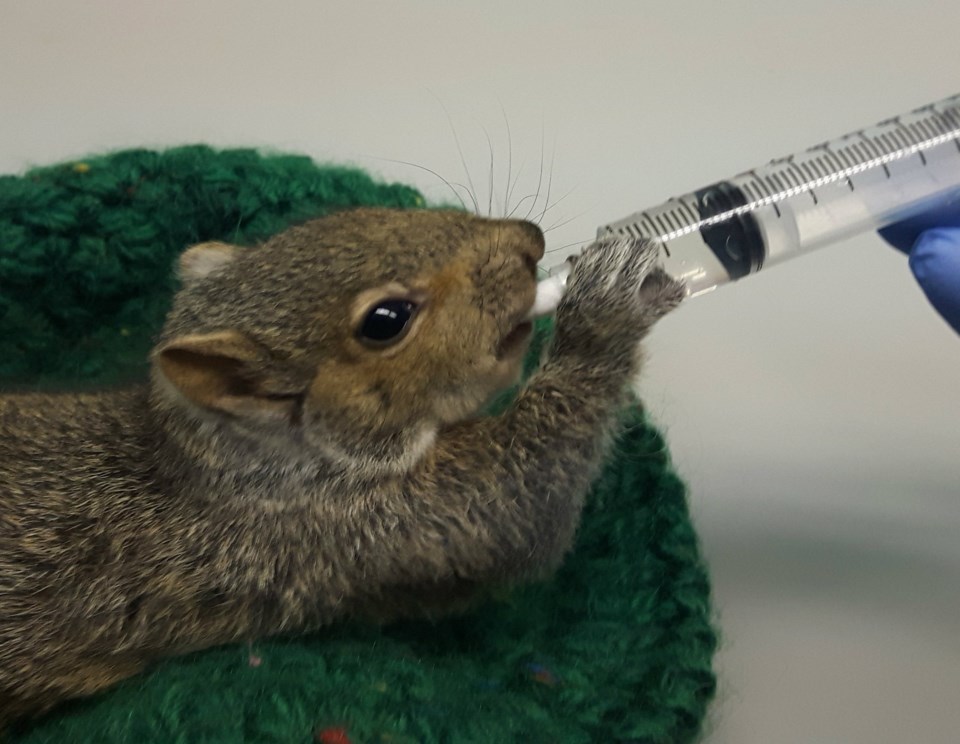The Guelph Humane Society is looking for people who are willing to go the distance to help save the lives of wild animals.
The organization recently put out a call on social media for more wildlife driver volunteers for their award-winning wildlife program.
Lisa Veit, associate director of the GHS, said volunteers help transport wildlife that are in need of rehabilitation to one of the GHS rehabilitation centre partners. Often, these centres are located outside of the Guelph area.
“Most of our wildlife centres that we work with are quite a distance, they’re about an hour and a half away, which is about a three hour round trip,” said Veit. “It is an investment in time for our volunteer drivers that are helping, and why we want to recruit additional volunteer drivers, so that we have a larger pool of drivers that we can draw on.”
Concern about gas prices is another reason why the GHS is looking for more drivers, adds Veit.
“We have a smaller pool that we rely on so they are making more trips than what is ideal, and what we’ve found in the past, that can really fatigue drivers and impact their ability to volunteer," said Veit. “It’s really important to have sufficient driver resources, so the load is shared by a number of drivers and that the animals can be transported to rehab centres as quickly as possible so they can get their followup care."
Currently, the GHS has around 12 volunteer drivers. Veit said they are looking to get enough volunteers to have two volunteer drivers a day for seven days, one driver is scheduled in the morning and another in the afternoon. Volunteers must be over the age of 18, have access to a vehicle and are willing to commit to one shift per week.
"We ask for about a three hour commitment one day a week," Veit, mentioning residents can fill out an application form at guelphhumane.ca.
Veit said the intake number of wildlife has been increasing since the program was started in 2016. In 2021, the GHS saw 1800 sick, injured or orphaned wild animals come into their care. She adds spring and summer are usually the biggest window for wildlife calls.
“Last year was our highest number of wildlife coming into our care, ever, and this year we are certainly on track to match that number this year," said Veit, noting the current intake number is over 920.
When wildlife comes into the care of the GHS, Veit explains the animal stays at their facility for 24 hours and is provided short-term care. When an animal is stable, arrangements are made to bring it to a rehab centre. Sometimes, volunteer drivers are transporting several animals at a time.
“It’s not a job where you get to see the animals or interact with them like some of our other volunteer positions. They don’t always get to see, immediately, the animals that they’re helping," said Veit, "so that’s a very selfless approach for them, because you’re literally receiving a box with an animal in it, and you don’t get to interact with the animal at all, but the work that they are doing is truly lifesaving."
